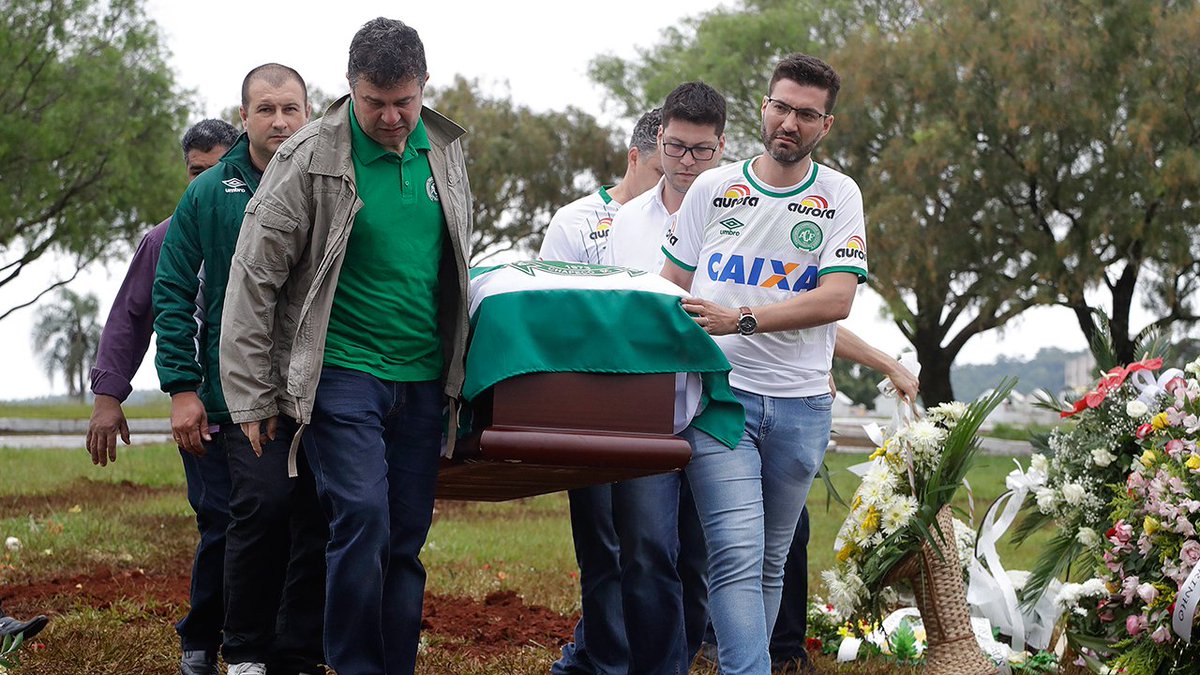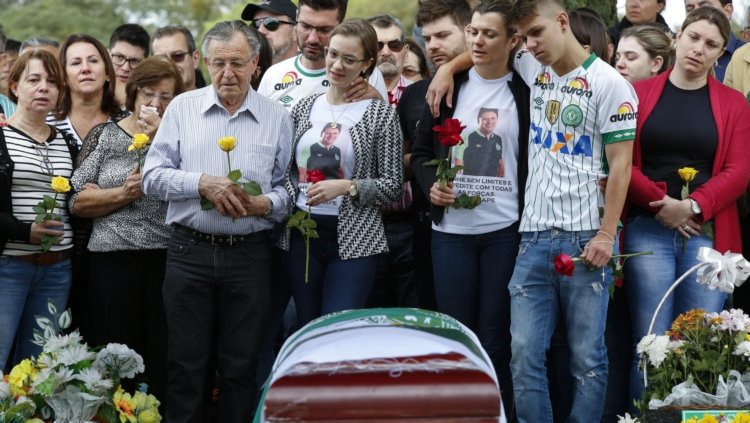The recent Governorship elections in Edo and Ondo states threw up a number of issues about the politics of succession in Nigeria. In Edo state, you would think it was the then incumbent Governor Adams Oshiomhole seeking re-election. He campaigned more than the candidate. He danced, waved the broom, his party’s symbol, far more enthusiastically than the man who wanted the office..
He even did more to put down the opposition and any likely threat to Godwin Obaseki’s ambition. His pretty wife was always in tow during the campaigns, and did she dance? Oh yes, she did too. Godwin Obaseki’s emergence as the candidate of the All Progressives Congress (APC) in that election caused much disaffection within the party. He was said to be Oshiomhole’s anointed candidate with the allegation that everything was being done to ensure his victory at the polls. Oshiomhole had his way. Obaseki is now Governor of Edo State.
The incumbent Governor in Ondo State also did as much if not more to manage the politics of succession in the just concluded Governorship election in that state. He anointed the candidate of his party, followed him everywhere, and “fought” for him, even in the courts and on the streets of Akure. The election was more about Dr Olusegun Mimiko and what he wanted. The situation was not helped by the fact that Mimiko’s choice, Eyitayo Jegede, SAN hails from the same Senatorial district with him, but by far the biggest problem was the division within the PDP, which produced two candidates on the same platform for the same election, with the courts having to decide mid-way and at the late hour, with a superior court overruling the lower court. This confusion created a scenario whereby Jimoh Ibrahim emerged for a while as the party’s candidate, only to be dismissed through a court order two days to the election.
This did not bother the businessman-lawyer-politician, though. Giving the impression that he was not so desperate to be Governor, he declared that his mission was to make it impossible for Mimiko to achieve his goal of installing an anointed successor. On the eve of the election, he urged his supporters and the people of the state to vote for the candidate of the APC. Under normal circumstances this would be considered an anti-party activity but the PDP is right now in such a confused state as a political party – its ranks are filled with disloyal, one-leg-in-one-leg-out members. For this reason, in Ondo state, the PDP defeated itself from within even before the election. Mimiko can also be held responsible for his chosen candidate’s defeat. He overplayed his hands in the febrile politics of succession in the state.
There is perhaps nothing new about incumbents, at state, local and national levels, showing interest in who succeeds them. Being politicians, they could plead that they are duty bound to support their party’s candidate, but where the problem lies is the desperation that attends the choice of such candidates, beginning with the party primary. In the United States, which is an example that can be readily cited, President Barrack Obama openly supported the candidacy of the Democratic Party standard bearer, Hillary Clinton, but he did so only after she had won the nomination. If Bernie Sanders had been the party’s choice, he would still have received President Obama’s support out of loyalty to the party. In other words, it would be difficult to speak of an incumbent American President or Governor anointing a successor and imposing that successor on the party and the electorate.
This unacceptable abbreviation of democratic choice and of democracy itself occurs routinely in Nigeria. Once upon a time in this country, an incumbent President boasted that he did not know who his successor would be, which was fine, but what was not fine was his simultaneous declaration that he was very certain about those who would not be allowed to succeed him. The same President eventually chose his own successor. In Ekiti state, following the election in Ondo state, Governor Ayo Fayose has been quoted saying what has happened to Mimiko cannot happen to him in 2018: he is so sure he would determine his own succession fortunes. And if he could be so confident, where does that leave the democratic process? Truth is: the average Nigerian politician’s faith in democracy is dishonest. He believes the people can be bought. The people themselves are very good at complaining but they seem more committed to election-day monetary inducement than their own rights. Whatever gains may have been recorded in terms of electoral integrity and civic power is sadly being eroded by poverty.
When incumbent executive political office holders insist on anointing their own successors in Nigeria, they can hide under three justifications. The first is that they have a legacy to protect, and that they have an idea who the right person is to protect that legacy. But this is absolutely wrong. It is not the duty of the incumbent to protect his or her own legacy, except through literature. If the legacy is strong enough, it should endure within the system. The end-and-start-again profile of Nigeria’s succession politics owes in part to the weakness of institutions. Our civil bureaucracy is one of the worst in the world. It is driven not by memory or best practices but eye service. Legacies also do not seem to endure because of the endurance of the politics of hate. When a new Governor assumes office, his first priority is to make his predecessor look bad. That is standard Nigerian practice. But the incumbent trying to prevent this possibility by anointing a successor has not helped either. In Lagos, Anambra, Cross River, Akwa Ibom Adamawa, Zamfara and Kano, we have seen how anointed successors eventually turned against their Godfathers. The best answer to the legacy issue is for every incumbent to perform so well while in office that certain things would be so obvious that they cannot be erased.
The second justification is that as the leader of the ruling party in the state, or in the country, the incumbent must protect his political relevance by having a say over what happens when he leaves office. The interpretation is that the Nigerian politician is very egoistic. Give him Executive powers and he begins to appropriate the kind of divine powers with which kings used to oppress the people. He is surrounded by sycophants who disorient him daily, with long lists of enemies from whom he needs to protect himself, in and out of office. He gets lured into a trap, he is overtaken by paranoia, and he makes mistakes thinking he can exercise proprietorial rights over the democratic process. Many have been disappointed. There is no point mentioning names from 1999 to date.
The third justification is that everything must be done to prevent the opposition from seizing power. Opposition politics in Nigeria is hoisted on a platform of enmity, including the fear of probes, even if no former Governor or President has been successfully probed or jailed by any successor since 1999. When our politicians are in the same party, they relate as friends, when they are in opposite parties, they relate as enemies, particularly if the parties involved are influential and capable of winning. Most of the people in the APC today who are branding the PDP as evil made their name as politicians inside the PDP. Jumping from one party to the other and switching colour and emotions like the chameleon means absolutely nothing to the Nigerian politician; their morality is majorly that of a professional prostitute. It is never about what the people want. And so, preventing the opposition is an empty excuse because the same Godfather who is imposing an anointed candidate today could join another party tomorrow, and the anointed could also head in another direction or adopt another Godfather. This is a perfect illustration of how devoid of character and principles Nigerian politics is.
What is left then? What is left is the more compelling argument that the reason Nigerian political incumbents are so desperate to anoint successors is because they are afraid of their own shadows. They want to cover their misdeeds, so they struggle to rule by proxy. They want to remain relevant, and continue to have access to state resources, patronage and privileges. They want to play God. They have secrets they want to hide. The politics of succession in Nigerian politics thus constructed has never worked. Its architects and promoters have been disappointed in many cases more than once. The landscape is littered with tales of treachery. Some Godfathers were so badly treated by their anointed successors they could no longer visit their states for four years at least. There are some ex-Governors who thought they got the best man to succeed them whose only reward has been abuse and neglect.
The lesson not learnt is that being a Godfather has at most, short-term benefits. Incumbents often underrate one thing: that the successor will also acquire his own ego. New influencers are bound to surround the new incumbent and they will advise him to assert his independence and not to be anybody’s “boy-boy”. Even when the anointed successor swears to an oath, as often happens, it doesn’t take long before one of these Pastors goes to him, offers to cancel the oath and anoint him as the new Spiritual Leader of the state! Have you ever heard of any politician who died because he swore to an oath with a Godfather?
The way we recruit Governors these days is bad. The lesson for every incumbent is to get things right. Nigerian democracy is still at the level of the visual and the personal. It is trapped at the level of needs. The people appreciate and remember what they see and what touches them directly. That is why on election day, or the night before, when they are given the “Naira sandwich”, their political mind immediately focuses on how at that particular moment a particular party or candidate has met their needs. The challenge of Nigerian democracy remains how to free the people from this base level, and confront them with more significant and indelible achievements that they can see, feel and touch, and which the politics of succession or hate can neither destroy nor traduce. If anyone understood this very well, Awolowo did, Ahmadu Bello did, Michael Opara did, Sam Mbakwe did, Obasanjo did, Jakande did, Onabanjo did, Ajasin did…we’d talk about more contemporary examples some other day.

